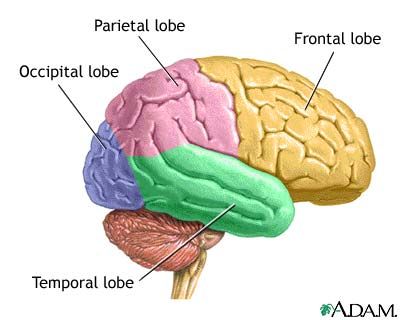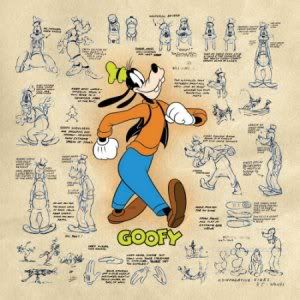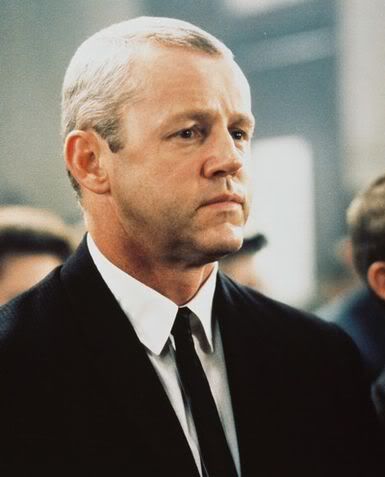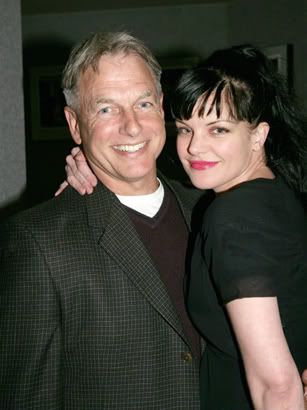
There was an excellent post made about “Moff’s Law” – which is, in essence, the notion that anybody making a comment about ‘just enjoying a movie/tv series/novel/game without analyzing it or thinking it through’ is demonstrating monumental stupidity. I think it’s worth noting, however, that if the creator of a work doesn’t engage their brain, the audience isn’t likely to either.

“What’s your story about?” It’s a common question asked of authors, but one has to wonder how much the questions is actually pondered. Can you discuss the story beyond a brief synopsis of the plot? What are the themes of your work? From where are you drawing inspiration? Who are you hoping to engage?
Answering these questions won’t just allow you defend your work on an Internet forum. You’ll be able to assemble a better, attention-getting pitch if you can not only recap the story but also point out how it relates to current events, other successful works or deep philosophical issues. I’m not an authority on representation, but I’d be more inclined to represent a work if it’s got more to it than tits and explosions.
Not that there’s anything wrong with tits and explosions, mind you. After all, one of the cardinal rules of mass media in all its forms is “Give the people what they want.” And people, by and large, are interested in sex and violence. Both of them lead to drama, one way or another. But do these things serve the story, or is the story merely a vehicle for them?
Compare Terminator: Salvation to District 9. Both of them are sci-fi stories set in the present or the near-future, with human characters interacting with non-human ones. However, in one you have a straightforward action flick that tries to be gritty and serious and just comes off as full of itself, while in the other the story flows naturally from one event to another and the action scenes, riveting and exciting, grow organically from the story while maintaining the dramatic punch of the themes and mood.
Guess which is which. Go on, guess.
If all you do is toss good-looking women and breakneck action at the audience, they might comment on how good those things were and not discuss anything else, all but forgetting the experience the second that discussion ends. Include more nuances, mix in an interesting theme and find ways to make the audience think about what’s happening, and your work will not only generate more interesting discussion, people will want to experience it again, to make sure they fully understand everything you’re trying to say.
The best treats have layers to them. A water cracker by itself can be tasty but a bit bland and forgettable. Spread some cheese on that cracker, maybe add a bit of prosciutto or some chives depending on the cheese, and the snack takes on new dimensions and you’ll find yourself wanting more. Along those same lines, an attractive heroine is one thing, but an attractive heroine with a driving goal, personal issues and a strong sense of right and wrong will make the audience more interested in what happens to her, not just seeing her take off her clothes.
Let’s say your heroine is played by Carla Gugino.

She’s pretty sexy on her own, but Carla has played a few nuanced roles in her time. The Silk Spectre in Watchmen, the worst-case-scenario government consultant in the underrated and short-lived series Threshold, and Marv’s lesbian shrink in Sin City are just a few examples of the highlights of her career so far. She has charisma, radiates intelligence in most of her roles and draws in the audience just as much with her delivery and pacing as she does with her physical assets. It’d be easy for a writer or producer to toss her in a role just so she can shake her money-maker, but writing a role that makes use of her other talents and ties into an underlying theme causes her to all but explode out of the screen.
In the end, it’s not enough to just give the people what they want. You have to be smart about how you make that delivery.
I mean, I could have just posted that pic of Carla without tying it into the overall theme of the post. That’d be like mentioning Abby Sciuto just because she brings in the mad hits.

And I’d never do such a thing.








